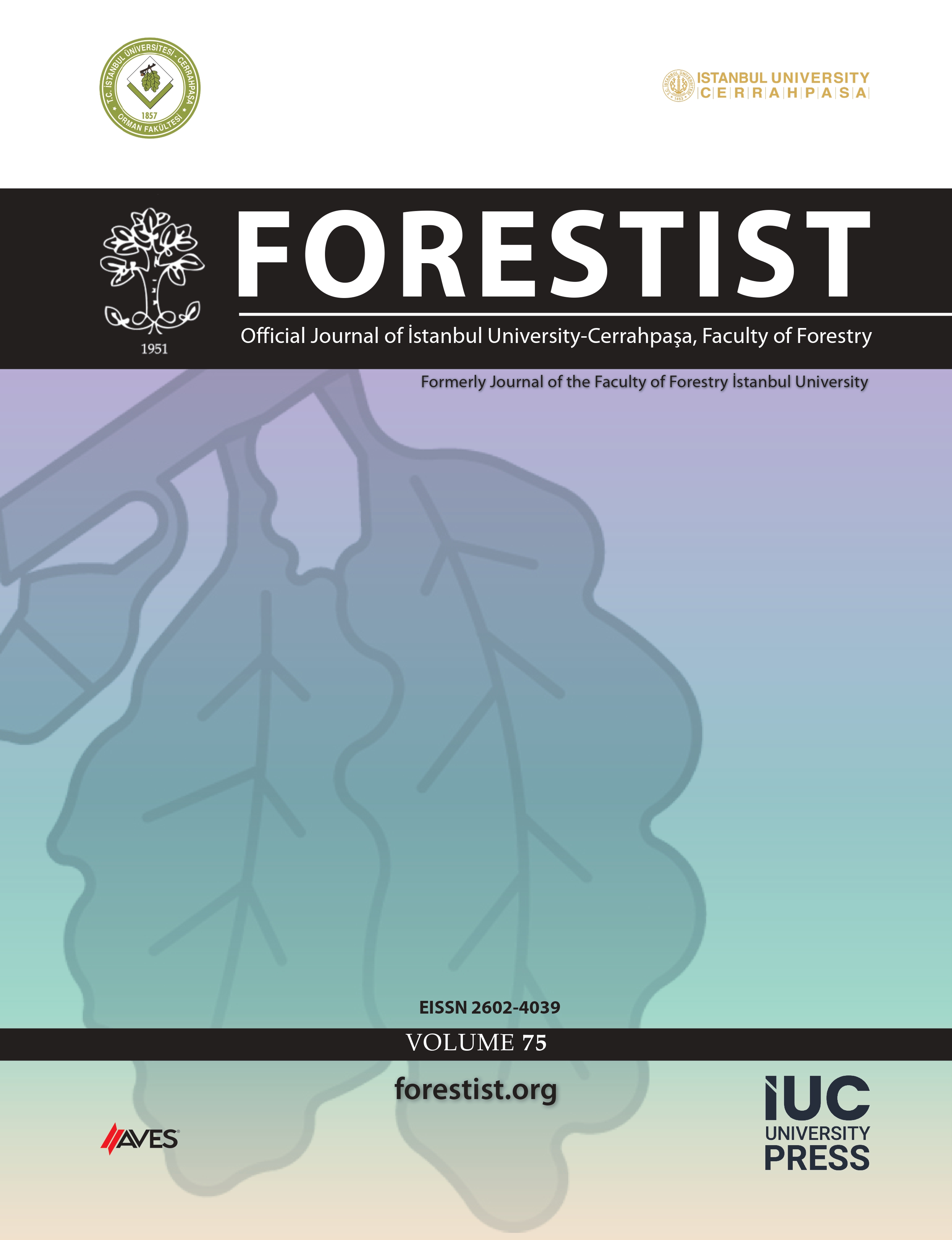R ecently, T u rk ey has gone th rough of rap id econom ic, social an d cu ltu ral changes. A revolutionary transform ation from a ru ra l econom y into an industrial society has taken place. In d u strial developm ents and the rap id grow th in population caused a greai im pact upon the use of n atu ra l resources and increased the necessity of conservation and expansion o f forests. A bout ten million people, called "forest villagers", ab o u t one sixth of the total population, live w ithin, o r adjacent to, the forests in T urkey. As a result of the economical and social conditions they have a negative effect on the forests (inıpro p er cutting, clearing land for crops, forest fire). I t is estim ated th at they are responsibie for the destruction of about 2 0 0 0 0 hectares forest land annually. A ccording to the estim ations of the F orestry G eneral P lan a 6.2 million m-3 defîcit in ındustrial wood supply is expected in 2009. A significant problem encountered in the conservation of vegetation and soil in T urkey originates from the inadequacy in the delineation of boundaries between private lands an d forest owned by the state. Since the cad astral surveys of forests are incom plete, soil conservation, an d afforestation projects are hindered. Neverfheless, the forestry policy in Turkey helps to develop long and short term Solutions to the problems concerning wood protitaction, soil and vegetation conservation, and afforestation.




.png)
